You forget what it feels like to be surprised.

It’s easy to convince yourself that mapping everything out is the smartest move. But sometimes, the most memorable moments happen when you toss the itinerary and follow your instincts instead. Getting lost isn’t always about confusion—it can be a quiet rebellion against perfection and predictability. You miss the messy, magical parts of a trip when you micromanage your every step.
There’s a difference between exploring and executing. When you wander without a destination, you invite chance into your journey. It’s in those unscripted pauses and unexpected turns that you stumble into stories worth telling. By clinging to control, you may avoid discomfort, but you also miss out on the kind of joy that only comes when you’re fully present, wide-eyed, and open to wherever the road leads.
1. You miss the thrill of the unexpected.

When you plan every second, you eliminate the possibility of surprise. There’s something oddly exhilarating about ending up in a neighborhood you didn’t intend to find or discovering a local café that never shows up on Yelp. These surprises create stories that last longer than anything you marked on your itinerary. You remember the unplanned, not the overly scheduled.
Getting lost can wake you up a little, as stated by Michael at Two Percent. Your senses go on high alert, and you start noticing details—street art, conversations, smells from street food stalls—that you would have missed had you kept your head buried in your phone following directions. The unexpected doesn’t always mean risky; sometimes it means real. You’re interacting with the world as it comes to you, not as you demand it to be. And that shift in energy? It’s what transforms a trip into an experience.
2. You overlook the kindness of strangers.

When you don’t need help, you don’t ask for it. And when you never ask, you miss the kind of small, human exchanges that restore your faith in people. Getting lost naturally forces you to interact, to rely on someone else for guidance, even if just for a moment, as reported by Brian Hieggelke at New City Lit. These are the moments that often lead to laughter, shared stories, or even a new friend.
It’s humbling to admit you’re lost, especially in a foreign place. But vulnerability can be oddly freeing. It opens a door for connection, one that doesn’t exist when you’re just passing through on autopilot. Locals love sharing their world, and they’ll often point you toward things no guidebook ever mentions. You might leave that conversation knowing more about the culture than any museum tour could offer. And all of that comes from simply not knowing where you are.
3. You miss the freedom to wander aimlessly.
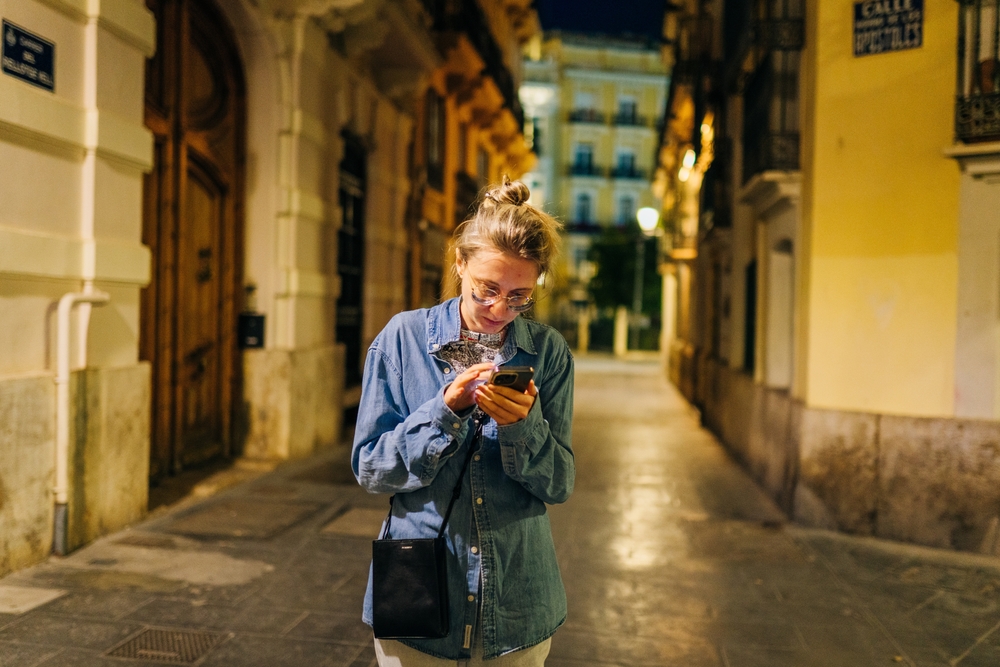
Planning is about control. Wandering is about letting go. When you’ve got every moment slotted into a spreadsheet or an app, there’s no room to explore just because something caught your eye, according to Jeff Wise at Huff Post. The beauty of wandering is that it doesn’t require justification. You walk down a street because it feels right—not because it’s on a list of must-sees.
This kind of freedom feels rare in everyday life. We’re always rushing somewhere, meeting deadlines, staying on task. Getting lost offers the opposite: no task, no endpoint, just movement and curiosity. It reminds you how to listen to yourself again, to follow an inner compass instead of a preset schedule. You end up exactly where you didn’t know you needed to be.
4. You ignore the beauty of detours.
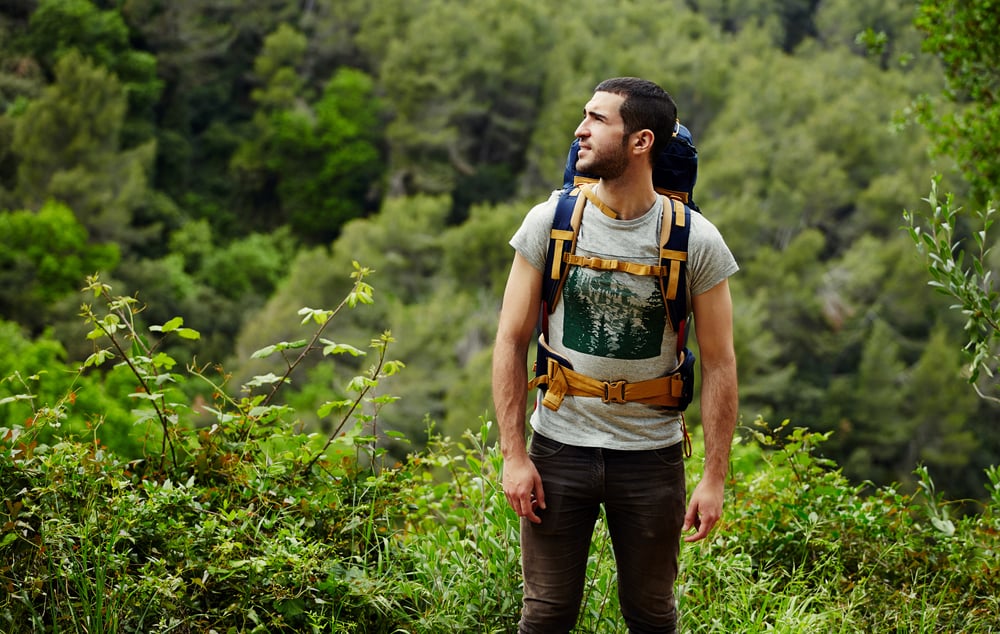
A detour might seem like a delay when you’re glued to a plan, but it can be the highlight of your day if you allow it. That wrong turn down a side street might reveal a hidden garden, a peaceful canal, or a tiny shop run by someone who’s spent their life perfecting one beautiful craft. You don’t find those things when you’re rushing from one planned stop to the next.
The beauty of a detour is that it breaks your expectations. It puts you in a position to pause and see, not just look. You’re not checking boxes—you’re discovering. And in those moments, something as simple as sitting on an unfamiliar bench or watching strangers go about their day can feel like a small revelation. The detour becomes the destination.
5. You miss out on stories you didn’t know you needed.

When you get lost, your day tends to unfold in unexpected directions, creating stories that are more interesting than anything you might’ve planned. You start off looking for one thing and end up having a conversation with someone who’s lived in the same apartment for 40 years, or watching kids play soccer in a back alley that wasn’t even on your radar.
These stories often feel more personal because they come from your own choices, missteps, and observations. They’re not borrowed from a guidebook or influenced by a curated feed. They’re yours, and they stay with you long after the trip ends. If you stick too closely to a plan, your days become blurrier, more forgettable. But the things that happen when you get lost? Those stick.
6. You sacrifice the chance to feel fully present.

A strict itinerary often pulls your attention toward what’s next, not what’s now. You’re always scanning ahead, making sure you’re on track, checking the time, and worrying about delays. That kind of thinking pulls you out of the moment. But when you’re lost, you have no choice but to engage with where you are.
Suddenly, the sound of footsteps on cobblestone or the way sunlight hits an old building becomes something you notice, not something you pass by. You become more attuned to your surroundings because you’re not fixated on what comes next. Getting lost strips away the structure and forces you into presence. And presence, more than anything else, is what makes travel feel real.
7. You miss the messy magic of spontaneity.
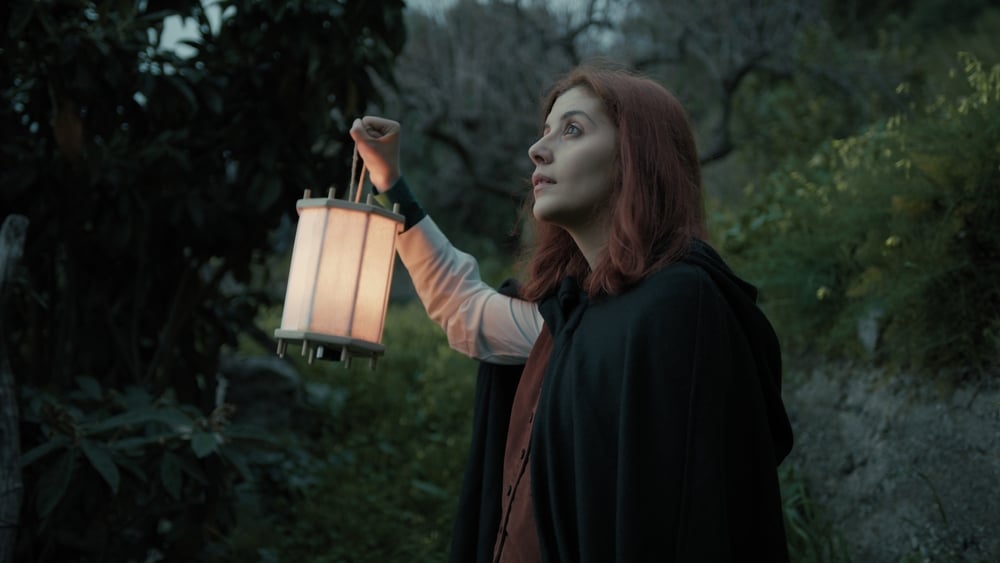
Spontaneity isn’t chaos—it’s freedom. It’s having the option to change your mind, to take a turn just because it looks interesting, to follow a street musician’s melody into a new part of town. That kind of magic doesn’t happen when you’re trying to stick to a schedule with military precision.
The best memories often start with “we didn’t mean to, but…” That meal at a hole-in-the-wall café you stumbled into by accident? The local festival you didn’t even know was happening? These are the gifts of being unstructured. They’re what make a trip feel alive, not just executed. Planning might help you check off sites, but getting lost helps you feel the soul of a place.
8. You limit your emotional range.
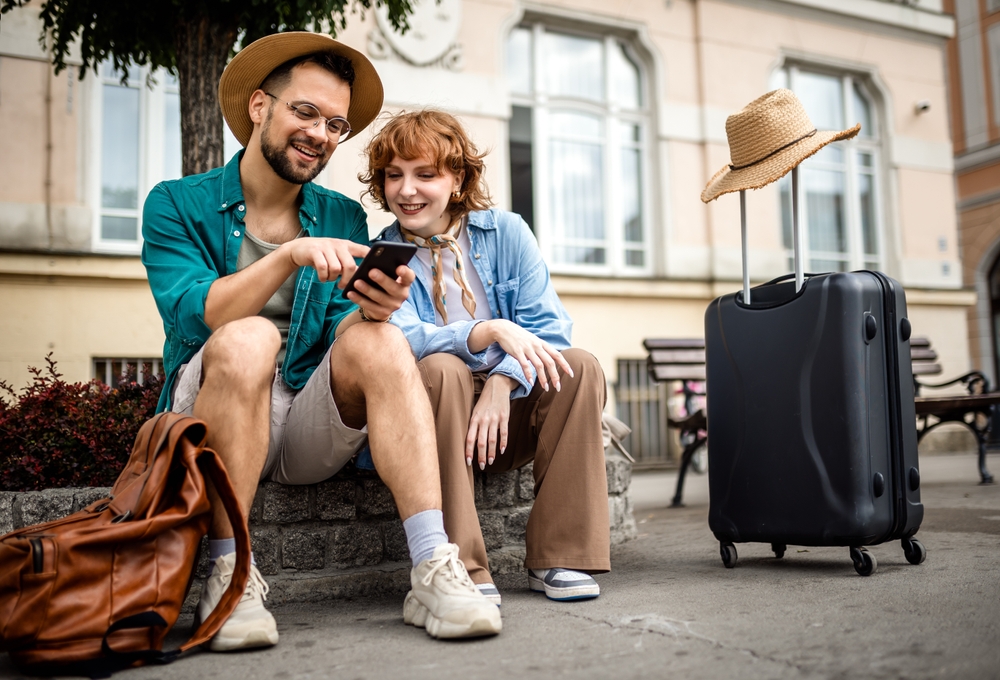
Following a schedule may keep things efficient, but it can flatten your emotional experience. Getting lost can bring frustration, confusion, awe, delight—all within the same hour. It stretches you emotionally in ways a plan never will. That spectrum makes you feel more alive, more human.
It’s okay to feel uncomfortable or uncertain for a little while. In fact, it’s necessary if you want to grow. Getting lost reminds you that you can figure things out, that not everything needs to be perfect to be worthwhile. Those emotional highs and lows don’t ruin the trip—they deepen it.
9. You miss nature’s invitations.

Nature doesn’t schedule itself around your plans. A rainbow appears without warning. A field of wildflowers waits just beyond the path you didn’t plan to take. Birds sing in a park you only found because you took the wrong train. When you plan too rigidly, you miss these unscripted invitations.
Getting lost slows you down. It puts you on foot, makes you look around. You begin to notice details that only reveal themselves when you’re paying attention. A cat perched on a windowsill, ivy climbing an old stone wall, the changing light as evening sets in. These little moments of beauty are nature’s way of rewarding the wanderer.
10. You rob yourself of resilience.

It’s easy to feel in control when everything goes according to plan. But when you get lost, you’re forced to rely on your own wits and patience. That builds something quietly powerful: resilience. You learn that you can get turned around, figure it out, and still have a great time.
That resilience doesn’t just apply to travel—it stays with you. It teaches you to stay calm when things don’t go perfectly. It helps you become more adaptable, more comfortable with the unknown. Getting lost is like low-stakes practice for life’s bigger uncertainties. And the more you do it, the less you fear it.
11. You miss the adventure you didn’t plan for.
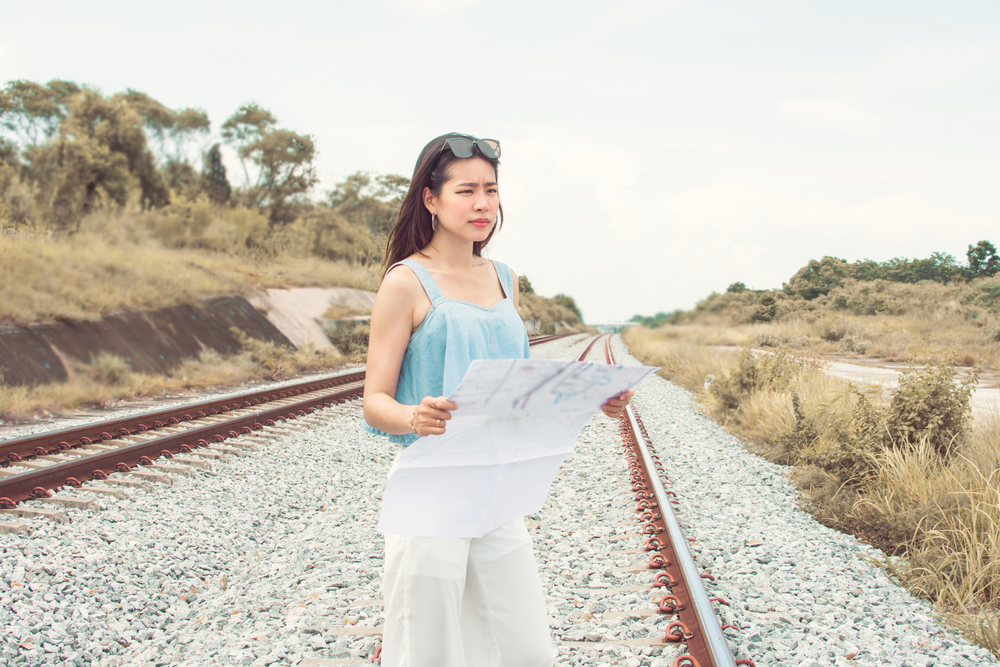
Adventure isn’t a checklist. It’s a feeling that sneaks up on you when you’re doing something new, uncertain, and unscripted. Getting lost turns even a familiar city into something fresh. It injects unpredictability into your day and invites you to see with new eyes.
That’s the heart of travel—feeling like the world is a little bigger and a little more mysterious than you thought. When every move is mapped, you never give that mystery a chance to show up. Getting lost might not have been the goal, but it just might be the best thing that happens to you.
